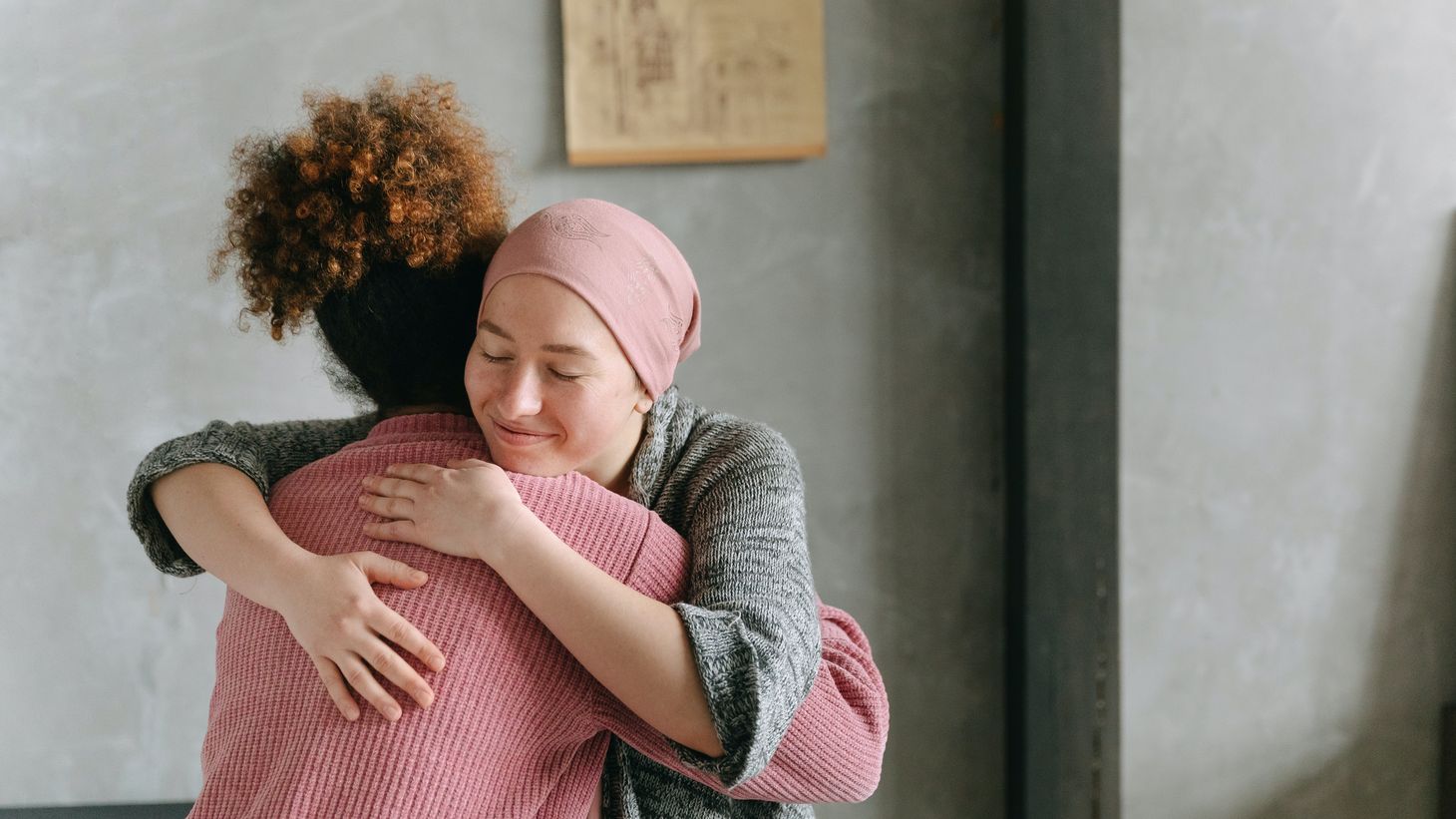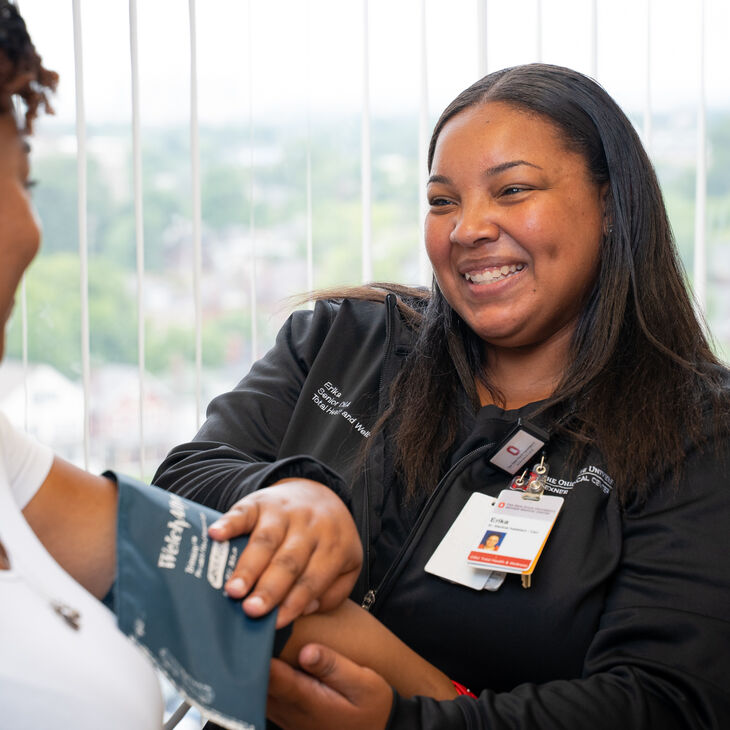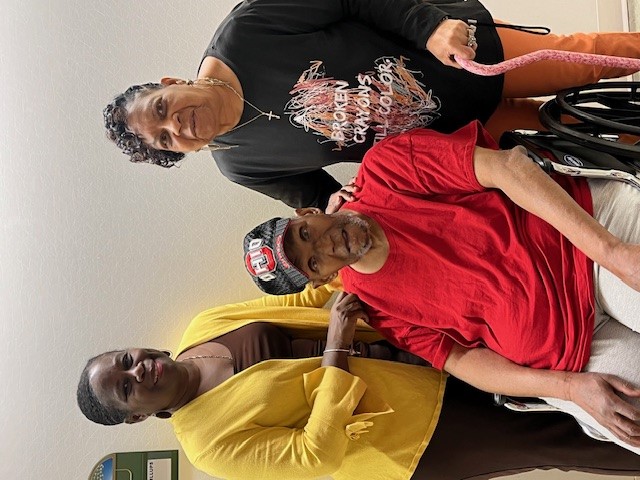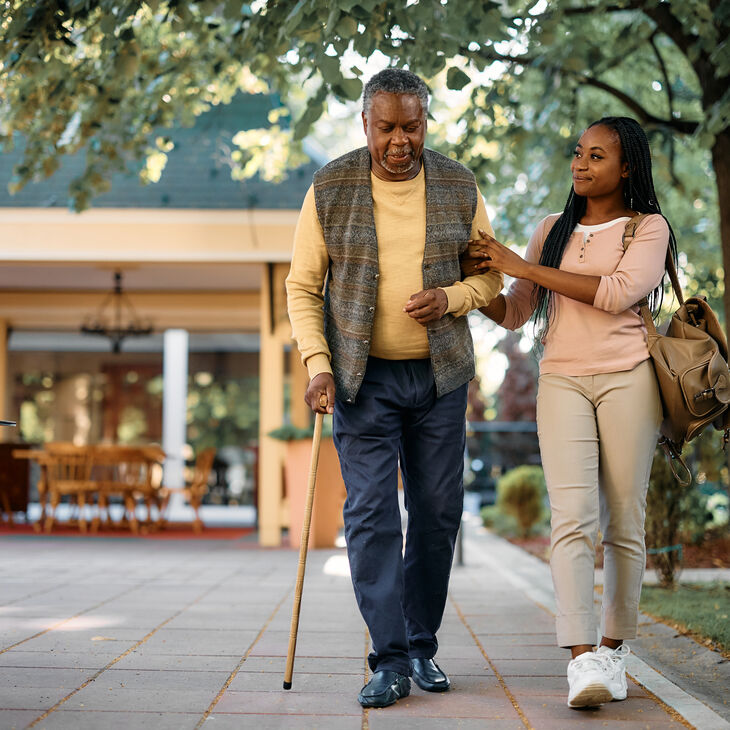by Dr. Diane Von Ah
On February 2, 2022, the Biden administration held a news conference to reignite the “Cancer Moonshot,” with a call to action to End Cancer as We Know It. Specifically, the new national goals were two-fold: “to reduce the death rate from cancer by at least 50 percent over the next 25 years and improve the experience of people and their families living with and surviving cancer – and, by doing this and more, end cancer as we know it today.” Furthermore, this initiative seeks to support patients, caregivers and survivors with the understanding that “we do not do enough to help people and families navigate cancer and its aftermath. We can help people overcome the medical, financial and emotional burdens that cancer brings by providing support to navigate cancer diagnosis, treatment and survivorship.”
This has resulted in the new National Cancer Plan that was just released last week, on April 3. This plan ambitiously provides a framework to guide and coordinate a national response to achieve these goals. Within this report, it is clear that improving the lives of cancer survivors through developing evidence-based quality care is paramount.
I firmly believe that nurses are in a prime position to help achieve these goals. A Gallup poll in January reinforced what has been the case for more than 20 years: that nursing is seen by most Americans as the most ethical profession. With this foundation, nurses can use their knowledge, skills and abilities to effectively convey the needs of cancer survivors and their families to legislatures, regulatory bodies and insurers. As expert clinicians, researchers and scientists, nurses are well-suited to identify and implement evidence-based quality care for cancer survivors.
At The Ohio State University College of Nursing, we have a cadre of nurses that are on the front lines, providing and directing patient care in our clinics and communities. Our expert nurse clinicians, scientists and researchers are discovering new ways to address the needs of cancer survivors. I am honored to help lead a recently-funded R01 grant from the National Institutes of Health/National Cancer Institute (NIH/NCI) that focuses on cognitive concerns of cancer survivors, a common and potentially debilitating symptom for cancer survivors. The ultimate goal of this research is to improve the lives of cancer survivors by identifying effective interventions that will ultimately guide clinicians in providing evidence-based quality care.
Nurses cannot afford to sit on the sidelines in this work to conquer cancer; they must be engaged in synthesizing and communicating the evidence to implement into practice. As a member of the editorial board of the NIH/NCI Palliative and Supportive Care Physician Description Questionnaire, I work with dedicated national experts to focus on providing comprehensive, research-backed and up-to-date information to healthcare providers regarding the long-term sequela of treatment. The NIH/NCI’s publicly available PDQ cancer information summaries were identified in the National Cancer Plan as just one of the many ways in which NCI is focused on improving care of and for cancer survivors.
Every advancement, every new piece of information and every new approach to care is one small step for us, one giant leap for the effort to end cancer as we know it.
Diane Von Ah, PhD, RN, FAAN is distinguished professor of cancer research and director of cancer research at The Ohio State University College of Nursing. She is also co-director of the Cancer Survivorship Program at The Ohio State University Comprehensive Cancer Center through the Wexner Medical Center’s James Cancer Hospital and Solove Research Institute.





